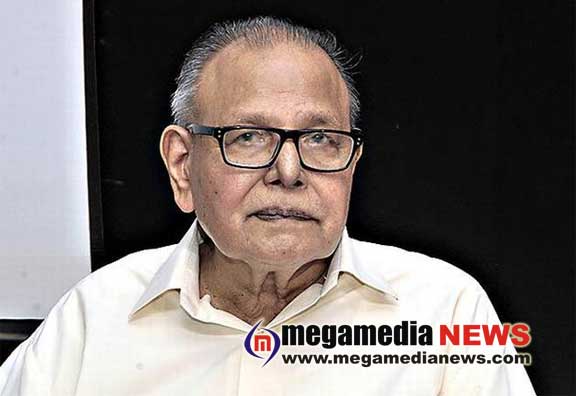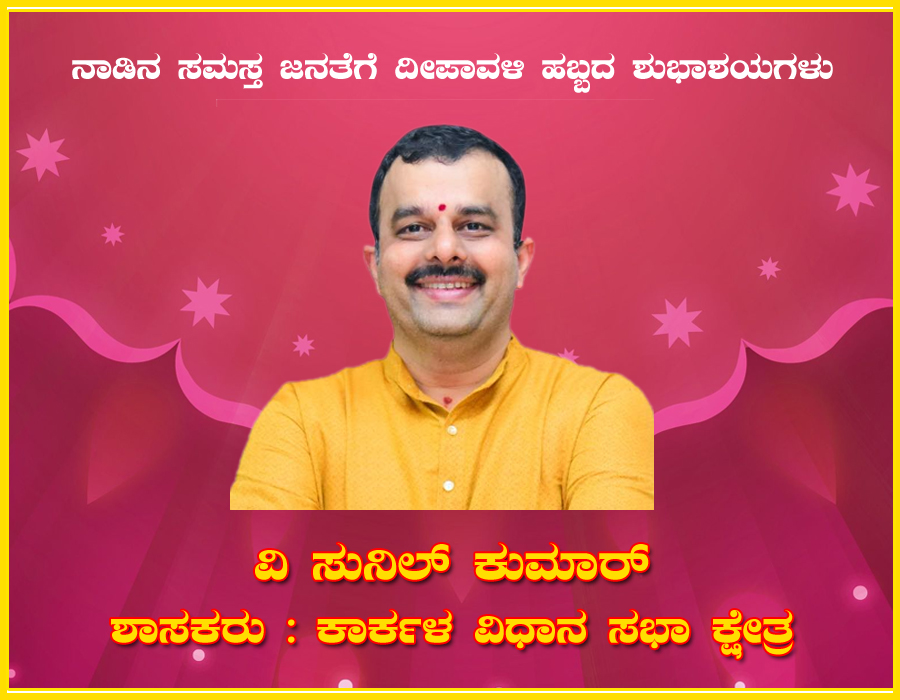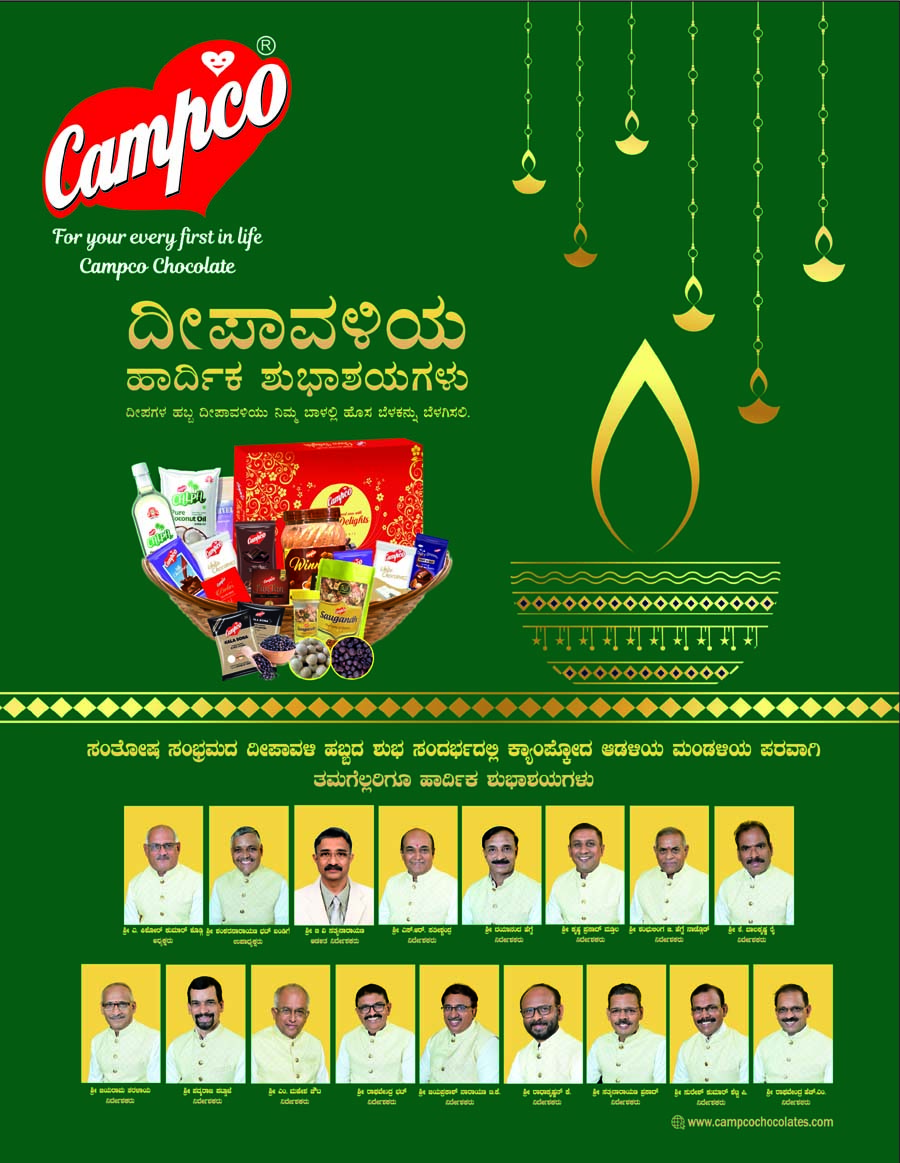Amrith Someshwar chosen for Kendra Sahitya Akademi’s Bhasha Samman
12:27 PM, Friday, September 1st, 2017 Mangaluru : Sahitya Akademi, New Delhi, has chosen scholar Amrith Someshwar for Bhasha Samman 2016 for his outstanding contribution to Tulu.
Mangaluru : Sahitya Akademi, New Delhi, has chosen scholar Amrith Someshwar for Bhasha Samman 2016 for his outstanding contribution to Tulu.
The award carries a purse of Rs. 1 lakh cash, an engraved copper plaque and a citation. It will be presented to Mr. Someshwar by the Akademi president at a special function to be held later, said a release.
The selection was made based on recommendations of jury scholars K. Chinnappa Gowda, former Vice-Chancellor, Karnataka Folklore University; Chandrakala Nandavara, writer, and Janaki Brahmavara, former president of Karnataka Tulu Sahitya Academy.
Born in 1935, Mr. Someshwar has worked extensively for the development of Tulu language and literature. He has translated into Kannada some of his important collection of paddanas (sung narratives) and Bhamakumara Sandhi. His important works in Tulu include Thambila and Rangitha, poetry collections, besides a collection of seven Tulu plays, the Akademi said.
Mr. Chinnappa Gowda told that Mr. Someshwara’s Tulu Paddana Samputa is a treasure house of Tulu epics. He has also critically analysed and explained them in many scholarly articles and books like Tulu Baduku, Avilu, Tulu Jaanapada: Kelavu Notagalu. He has used Tulu folklore as a source to reconstruct lives and worldview of the Tuluvas in Tulunadu. He has also adopted stories of these folk epics of medieval period in writing Yakshagana prasangas and Tulu plays.
Mr. Someshwar has been a major force in the making of modern Yakshagana. While rooted in tradition, he was able to write many prasangas (scripts) of contemporary relevance to reach the modern audience. His prasangas that were performed with great skill and finesse by the Dharmasthala yakshagana troupe were not only big hits, but they also conferred on that unique theatre a rare power to convey social messages, Mr. Chinnappa Gowda said.
Special mention should be made of Mr. Someshwa’s Yakshagana Krithi Samputa and Tulu Naataka Samputa.
B., Surendra Rao, historian, said Mr. Someshwara’s interest in medieval Tulu cultural practices led him to study the worship of mother goddess Bhagavathi, in the coastal region of Karnataka extending up to north Kerala. His Bhagavathi Aaaradhane is a major work touching upon worship traditions that build bridges between high culture and which is yet to gain that recognition
Simillar Posts
Warning: count(): Parameter must be an array or an object that implements Countable in /home/megamcaq/public_html/wp-content/plugins/post-plugin-library/common_functions.php on line 357
- None Found
Leave a Reply
© Copyright 2008 www.megamedianews.com All Rights Reserved. Privacy Policy








 Posted in
Posted in  Tags:
Tags: 






